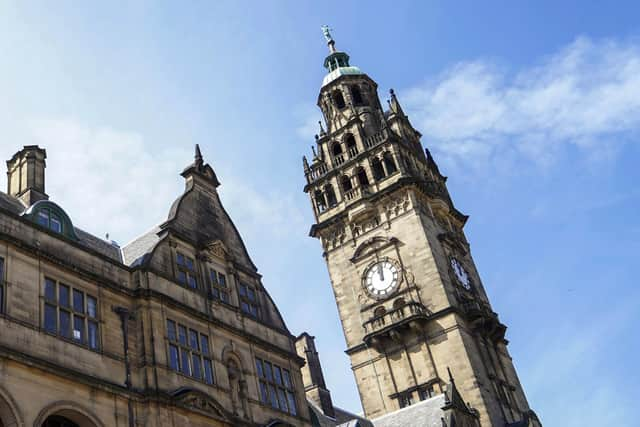When do the clocks go forward in 2022 - date and time they change and when British Summer Time begins
and live on Freeview channel 276
Although losing an hour of sleep is never ideal, the clocks going forward means summer time is on its way, bringing more hours of sunlight in the day and taking us one step closer to some warmer weather.
The nights are already getting lighter in Sheffield, with the sun now setting between 4.20 and 4.30pm.


Advertisement
Hide AdAdvertisement
Hide AdThis is good news for those who struggle with motivation during the colder, darker months – it means it is almost time for the clocks to change again.
Here is everything you need to know.
When do the clocks go forward in 2022?
This year, the clocks are due to go forward on Sunday, March 27.
This means we will move into British Summer Time (BST) as the clocks will move forward by one hour, with lighter evenings on the way.
BST is also known as Daylight Savings Time (DST) and will end on Sunday, October 30 as the clocks move back to Greenwich Mean Time (GMT).
What time will the clocks change?
Advertisement
Hide AdAdvertisement
Hide AdThe clocks always change at 2am on the date they are set to change.
This means that on Sunday, March 27 they will go forwards from 2am to 3am, meaning we will lose one hour of sleep but the UK will move to BST.
Why do we change the clocks?
The time change was first introduced by an Edwardian builder called William Willett in 1907.
William noticed that during the summer people were still trying to sleep once the sun had risen and wanted everyone to stop wasting precious daylight hours.
Advertisement
Hide AdAdvertisement
Hide AdBack in 1907, the clocks were set to Greenwich Mean Time (GMT), meaning it was light by 3am and dark by 9pm in the midst of summer.
The builder, who was a keen supporter of the outdoors, proposed the clocks should be advanced by 80 minutes during April and then reversed in September.
British Summer Time (BST) in 1916 began in the UK on May 21 and then ended October 1.
William did not live to see his idea in action as he passed away in early 1915.
Will Daylight Saving Time continue in future?
Advertisement
Hide AdAdvertisement
Hide AdThere have been many trials over the years from double summertime (GMT+2 hours) during World War II to permanent British Summer Time (GMT+ 1 hour) during the late 1960s.
The current system has been in place since 1972, with the changing of the clocks to begin at the end of March and to revert in October.
In March 2019, the European parliament voted to scrap the notion of changing the clocks twice a year, with countries having to decide whether to stay in ‘permanent winter time’ or ‘permanent summer time’.
However, due to Brexit, the UK was exempt from following these rules.
The debate of whether Daylight Saving Time could come to an end stretches far into the past but there are currently no plans to scrap British Summer Time(BST).

